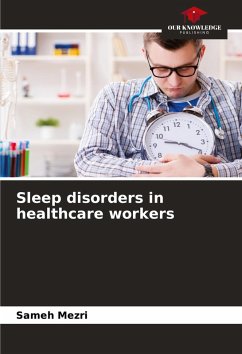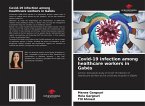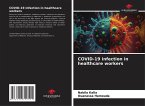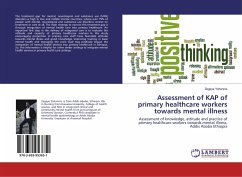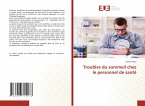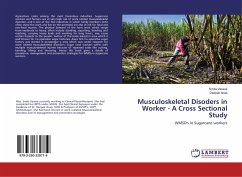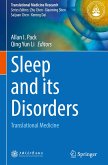Certain working conditions, such as shift work, disrupt sleep quality. Healthcare workers are the most exposed to these disorders, as they work atypical hours and against the biological clock. We studied the sleep quality characteristics of 60 healthcare workers divided into two groups: GI: night workers (57%) and GII: day workers (43%). The average sleep duration for GI workers was 6h/d, and for GII workers 7.5h/d. The mean time to sleep was 26.3 minutes for GI versus 36.8 minutes for GII. Sleep was non-restorative in 60% of participants. Sleep disorders reported by night workers were insomnia (47%), hypersomnia (12%), or restless sleep (12%), while those of day workers were restless sleep (15%) and insomnia (8%). Daytime sleepiness was found in 38% of GII versus 77% of GI. Excessive fatigue was reported in 35% of all workers. The prevalence of sleep apnea syndrome was 25%, and night shift workers were 29% more at risk.
Bitte wählen Sie Ihr Anliegen aus.
Rechnungen
Retourenschein anfordern
Bestellstatus
Storno

